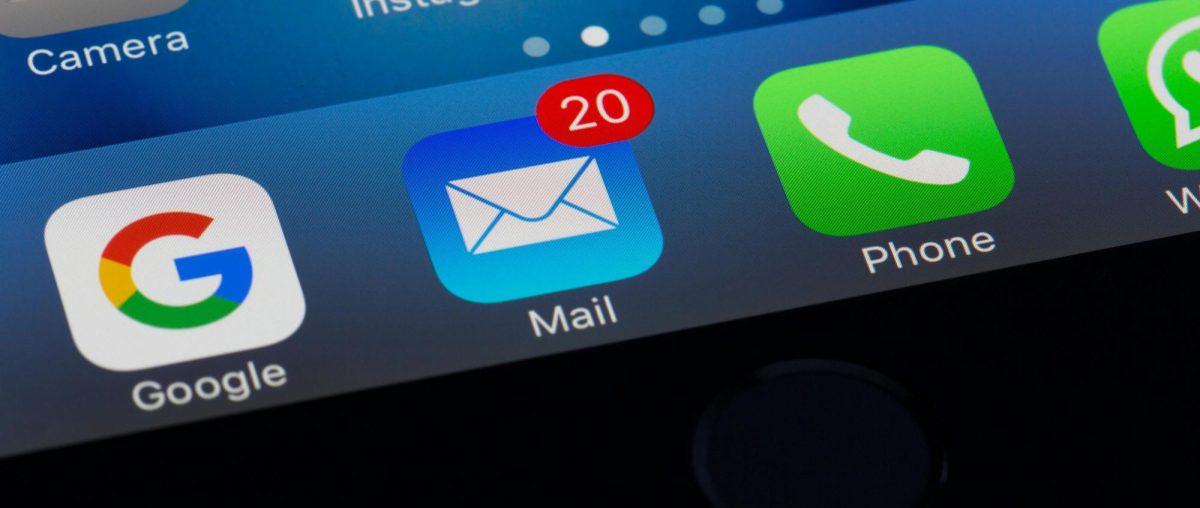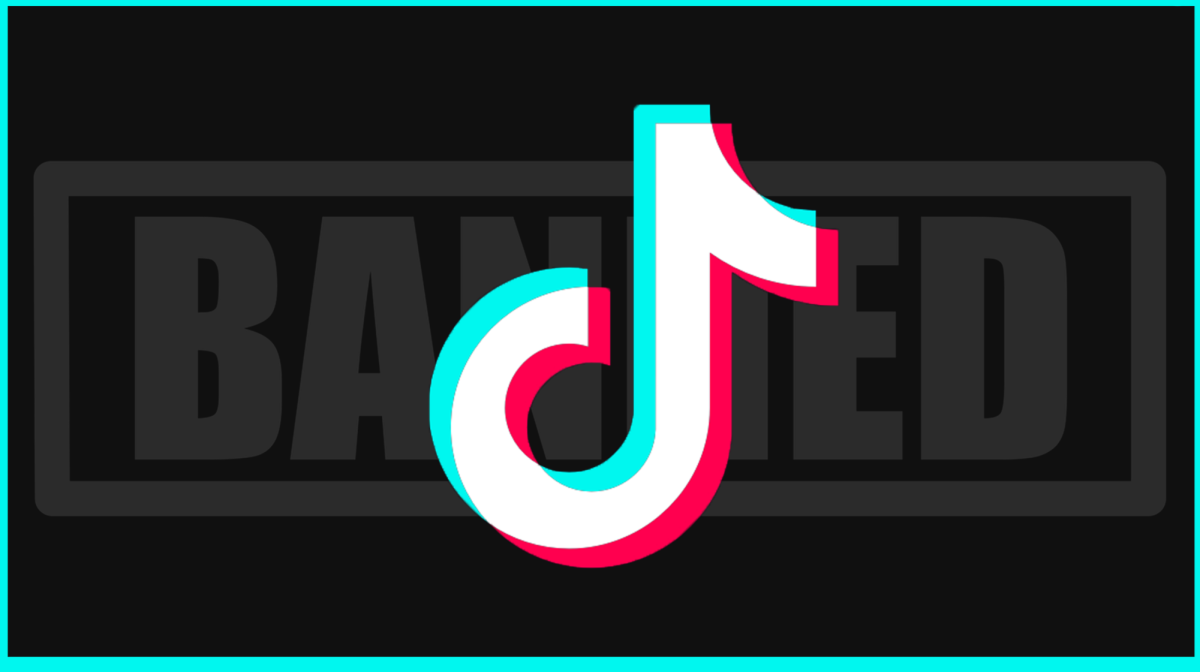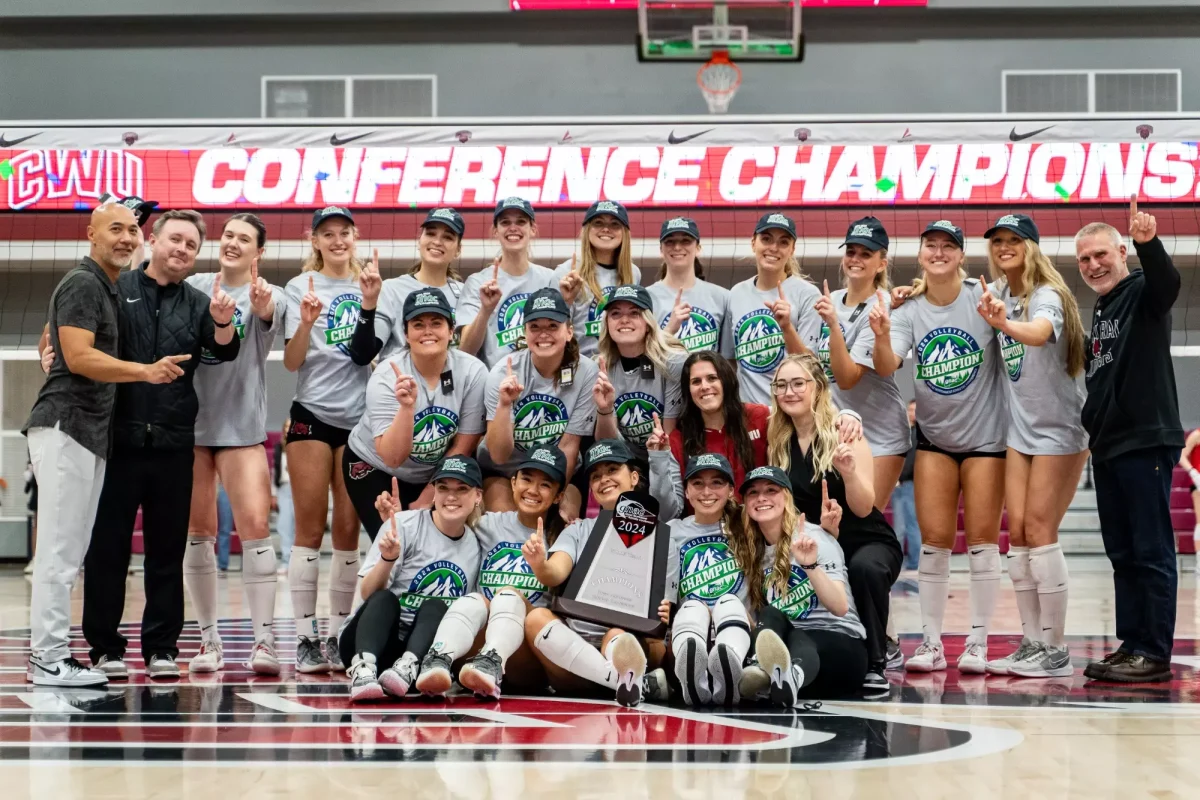Is it acceptable to copy written works if they were generated by a computer and not a real person? This is a topic of controversy within the realm of artificial intelligence (AI).
According to Turnitin.com, “similar to contract cheating, using AI to write an assignment isn’t technically plagiarism. No original work is being copied. But at the same time, it isn’t the student’s original work.”
On Wednesday Nov. 1, the CWU library gave a presentation in person and over Zoom on “AI as a tool for producing content, synthesizing and learning in research settings,” according to CWU Communications and Assessment Librarian, Dr. Toria Messinger.
According to Messinger, “ChatGPT is of course the most talked about [form of Open AI] in casual conversation…[another tool] is Elicit and it’s marketed as a research tool that speeds up investigative processes. So it is advertised as being able to search for, summarize and pull information from digital sources.”
ChatGPT and Elicit are a form of AI known as large language models (LLMs) which use deep learning strategies and enormous data sets to create new content, according to techtarget.com.
According to the CWU Library Department Chair and Instruction Coordinator professor Elizabeth Brown, whether or not AI is a useful learning tool is case dependent. In some scenarios, it could be relevant and necessary. In other scenarios, it might end up preventing students from learning the skill sets that they are paying to learn because the AI does it for them.
Brown said that it is important to fact check anything that you write with the help of AI. While AI is good at summarizing and making things up, it is not always 100% accurate.
As to whether CWU students are allowed to use AI in their work, “it really depends on the professor,” Brown said. “Talk with your faculty member or check your syllabi to see what the AI policy is in class. Whether you have one and whether its use is allowed or disallowed, or how it’s allowed.”
AI not only affects how students write, but also how they create citations. Brown recommends referring back to citation style guides for how to correctly cite the use of AI in your work.
AI services are not free. According to the OpenAI website, a ChatGPT Plus subscription costs $20 a month. This calls into question the fairness of it being used as a learning tool in public education.
“This is something we are going to have to contend with as a society moving forward, because not everybody is going to have the same access to all these tools. And that has the potential to give some people a huge leg up and other people a disadvantage because they don’t have those same tools,” Brown said.














